Tell me,
Did your doctor order a nuclear stress test?
A term not so commonly heard of, especially when CT (computed tomography) and MRI (Magnetic Resonance Imaging) are so popular in the healthcare market, and hence you want to know what a nuclear stress test is.
Well,
No. It is not a test of how much stress or anxiety you have daily; rather a cardiac imaging test that assesses the blood flow into your heart muscles while at rest and during exercise. It is a broader terminology that applies to different types of cardiac imaging technologies, which can serve the same purpose!
That’s not all!
CContents
Overview: What Is A Nuclear Stress Test, and How Does It Work?
A nuclear stress test helps diagnose various heart problems, from heart attacks to coronary artery disease. The test involves radioactive tracers called thallium and a donut-shaped scanner machine to map your heart on the computer console as the tracer moves through the arteries in your heart.
Yes. It is the same thallium stress test you may have heard about!
During this scan, you have to lie down on the table or bed attached to the donut or tube-like scanner, and once the scan starts, you find yourself moving backward and forward through this hole of the donut/tube.
Your body is at rest!
Then,
Healthcare professionals initiate the exercise stress test, where you get sticky patches on your chest and sometimes on your legs and arms to measure the heart rhythms and a cuff on one arm to measure the blood pressure.
This time, you are walking a treadmill or riding a bike!
Typically, healthcare professionals ask you to exercise until the heart rate transgresses a specific limit or till you start getting a symptom like –
1. Irregular heartbeat,
2. Chest pain,
3. Dizziness,
4. Shortness of breath, or
5. Unusual low or high blood pressure. More tracers get injected into your bloodstream.
And,
Again, another round of lying on the table and passing through the scanner for a second set of pictures. Once it gets done, you are free to leave the lab!
As you can see, nuclear stress tests are non-invasive. It does not require you to get admission! It’s painless. But it may take about three to four hours of your time, so keep yourself free accordingly.
What Are The Different Types Of Nuclear Stress Tests?
The two nuclear stress test modalities are – A cardiac PET (or Positron Emission Tomography) scan and a cardiac SPECT (Single Positron Emission Tomography) scan. Both work the same, but the difference lies in their image clarity.
In technical words, the spatial resolution is better in a PET scan. Studies note that cardiac PET scans are clearer with their 5 to 7mm resolution, while a cardiac SPECT scan offers 12 to 15mm.
A PET is a more flexible tool, as innovative tracers get more easily synthesized than in the case of a SPECT technique. It has better attenuation correction and better contrast. A cardiac PET can render a quantifiable estimate of the blood flow, but a SPECT scan cannot!
Of course, this is because the two technologies are different herein! While a SPECT scanner calculates the gamma rays, a PET scanner assesses positrons (small particles) produced by the administered radiotracer.
What Can A Nuclear Stress Test Show?
Doctors use nuclear cardiac stress tests to diagnose and create a treatment plan for cardiac problems, like –
1. Coronary artery disease, or CT Coronary Angiography
2. Congestive heart failure,
3. Acute coronary syndrome,
4. Blockage to the electric impulses that signal your heart to beat,
5. Damage or scars in the heart muscles from previous episodes of heart attacks, and more.
These cardiac scans can show the size of your heart chambers and the ventricular functions, like how well the heart pumps blood. With such a technique, your doctor can identify poor blood flow to the heart.
To the question of what is a nuclear stress test, medical experts often say that a nuclear stress test is the most accurate method to screen and stage coronary artery disease. Yes. It can show –
- Whether your coronary arteries got narrowed due to plague buildup,
- Whether there is damage to the artery lining,
- Whether the small artery branches tend to malfunction, and
- Whether the tear in the coronary artery wall is spontaneous!
Does Nuclear Stress Test Have Any Risks?
Due to the involvement of radiation, a nuclear test may become risky, although the chances are low; somewhat around one out of five thousand! However, the complications that may pop up are –
- Cancers,
- Kidney damage,
- Kidney failure,
- Heart attacks,
- Irregular heartbeat (arrhythmias), and
- Low blood pressure or hypotension.
Your doctor won’t recommend a nuclear stress test if you have a severe stage of heart disease, like heart infection, congestive heart failure, narrowed aorta, pulmonary hypertension, arrhythmia, aortic dissection, and blood clots in your lungs all the way from your leg!
Well,
While side effects are concerned, you may experience mild-to-moderate – Fever, Fatigue, Itchy Skin, Rashes or Redness in the Skin, Dizziness, Nausea, Headache, Shortness of Breath, Anxiety, etc. But, they are temporary and leave with the exit of the radiotracer.
Bottom Line:
So,
Were you able to grasp what is a nuclear stress test, how it works, when it works, and when not? If so, please do not forget to utilize this little healthcare awareness in times of need! Technologies are growing, and so is medical medicine. Nuclear stress tests are evolving too. Researches on both SPECT and PET techniques are on!
Remember, diagnosing heart disease at its early stage can help curb them early, securing a greater life expectancy!
To book a nuclear stress test now from the NABL-certified radiology labs test in Chandigarh, avail of www.healthfinder.in. Discounted quotes await, and more special healthcare services!

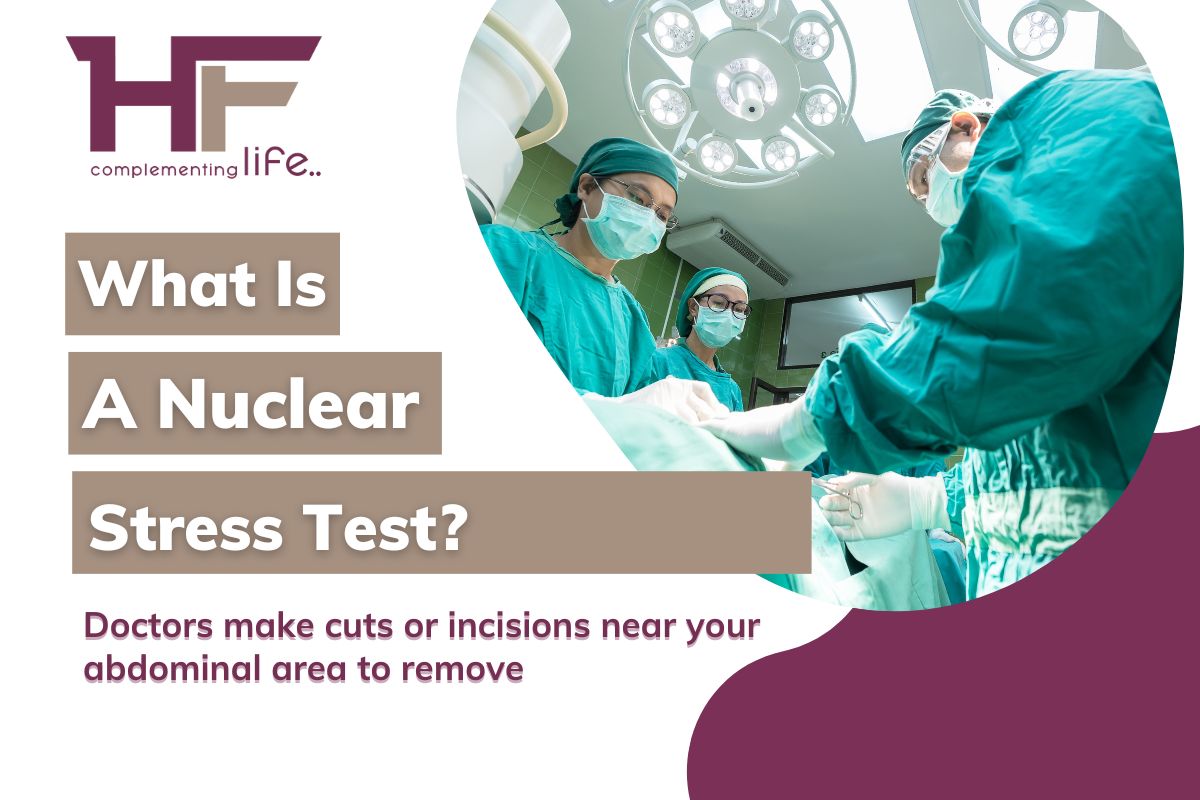
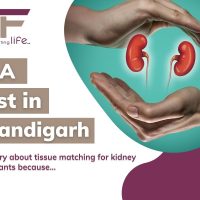
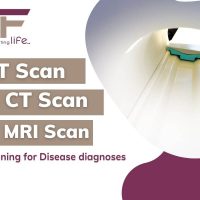

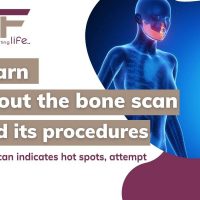
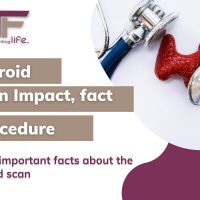
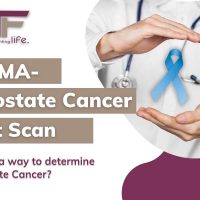
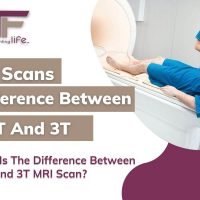

Comments